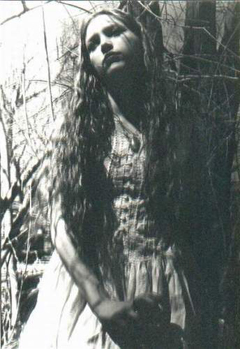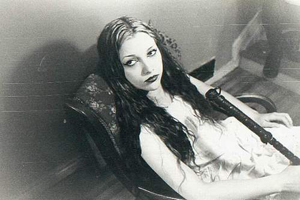
There is much more to the Gothic movement than trench coats and guns, no matter what the popular media would have us believe. The Columbine students didn't kill because they were Goth. Listening to Sisters of Mercy won't make you the next Jeffery Dalhmer.

The second resurgence was in the late 80's with the emergence of bands like The Cure and London after Midnight. This was when Goth became a recognized culture and the moniker became commonplace. The members of this era are now commonly referred to as “old school.”
In the mid 90's the third movement came upon us. Bands such as Marilyn Mason have brought the spotlight to the Goth scene and created a rift in its midst. The two older movements seemed to enjoy the anonymity that was to be had in their time. However, the Mansonites seemed to bask in the limelight and actually sought the newfound attention. This latter group has had to date the largest following, due mainly to the greater availability of music and communication with peers via the Internet.
What is the future of Goth? Considering that it had its first rumblings back in the late 70's and is still going strong twenty plus years later, I would say that Goth has created a niche for itself in today's society that will not soon be abandoned. As I sit and watch my oldest child I realize my place in all of this. I will simply grow old and await the forthcoming waves that are brewing out there in local elementary and middle schools everywhere.











